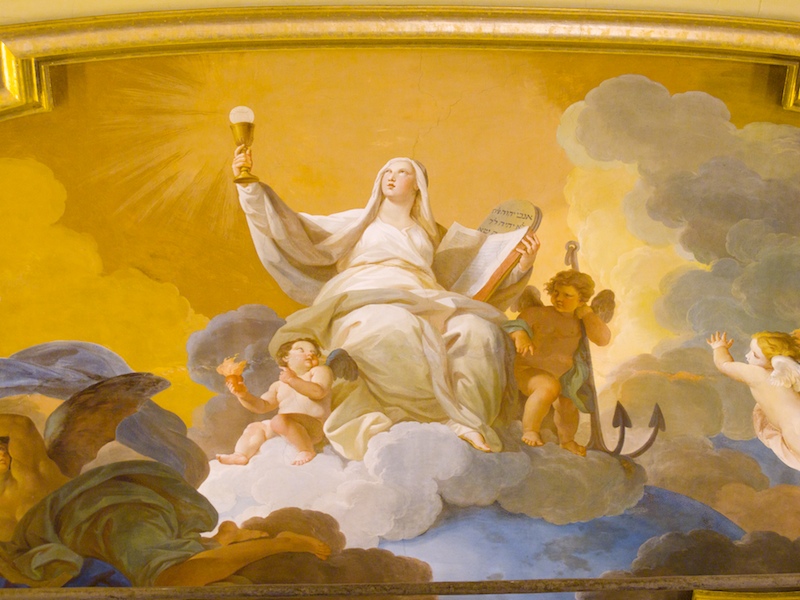
I always find the lyrics of the song “Red River Valley” to be haunting and beautiful. Written in Iowa, and making reference to frontier days, the song is often performed as a cowboy song. The song makes reference to the frontier days in Canada, and an expedition through the Red River Valley of the north, and the knowledge that loved ones will be left just as the sun disappears through the long northern Winter:
From this valley they say you are going.
We will miss your bright eyes and sweet smile,
For they say you are taking the sunshine
That has brightened our pathway a while.
No offense intended to, of course, to the Red River of the South, one fork of which is the Oklahoma-Texas border, which continues on through much of Louisiana.
The genius of the song is that it is universal, reminding us of the need, the great desire, to be in the presence of our beloved, sitting for a while at their side. I first heard the song while gazing at the Mississippi River Valley, and when I hear it I remember those days long ago, listening to the records my mother would play, desiring once again to be near to those who are dear to me. As is sung in the well remembered chorus:
So come sit by my side if you love me.
Do not hasten to bid me adieu.
Just remember the Red River Valley,
And the man who has loved you so true.
When we love someone, we want to be near to them, and the song reminds us that there is goodness in being together, even in those last moments before we must mosey along: please “do not hasten to bid me adieu.”

Lent is a time in which we refocus our time of prayer, our time of wanting to be united with our Lord in the oneness and peace which only He can give. This can and does take place, certainly, during the liturgical, official prayer of the Church, such as attendance at Holy Mass or other services, but indeed, during Lent, we should also try to pray at other times, learning to pray unceasingly.
This helps us to realize that, whether we are spending quiet time with our Lord in Church, or are in our prayer place at home, spending time with Him while reading the Scriptures, some holy book, or praying the Stations of the Cross, we do need, we do want to be with Him, to learn from Him. As we practice this oneness with God in prayer we realize that leaving those times of prayer can be difficult, as difficult as the beloved who is leaving.
St. Francis de Sales recommends, at the end of our time of prayer, that we review our conversation with God remembering two or three thoughts or inspirations, which we will carry with us to brighten our day.
So, whether you are from the Red River Valley of the South, or that of the North, from the Mississippi River Valley, or that of the Rhone: during this Lent realize your need, your desire, to be with our Lord in the silence of prayer, plan to make this possible, and then hasten to His side!



